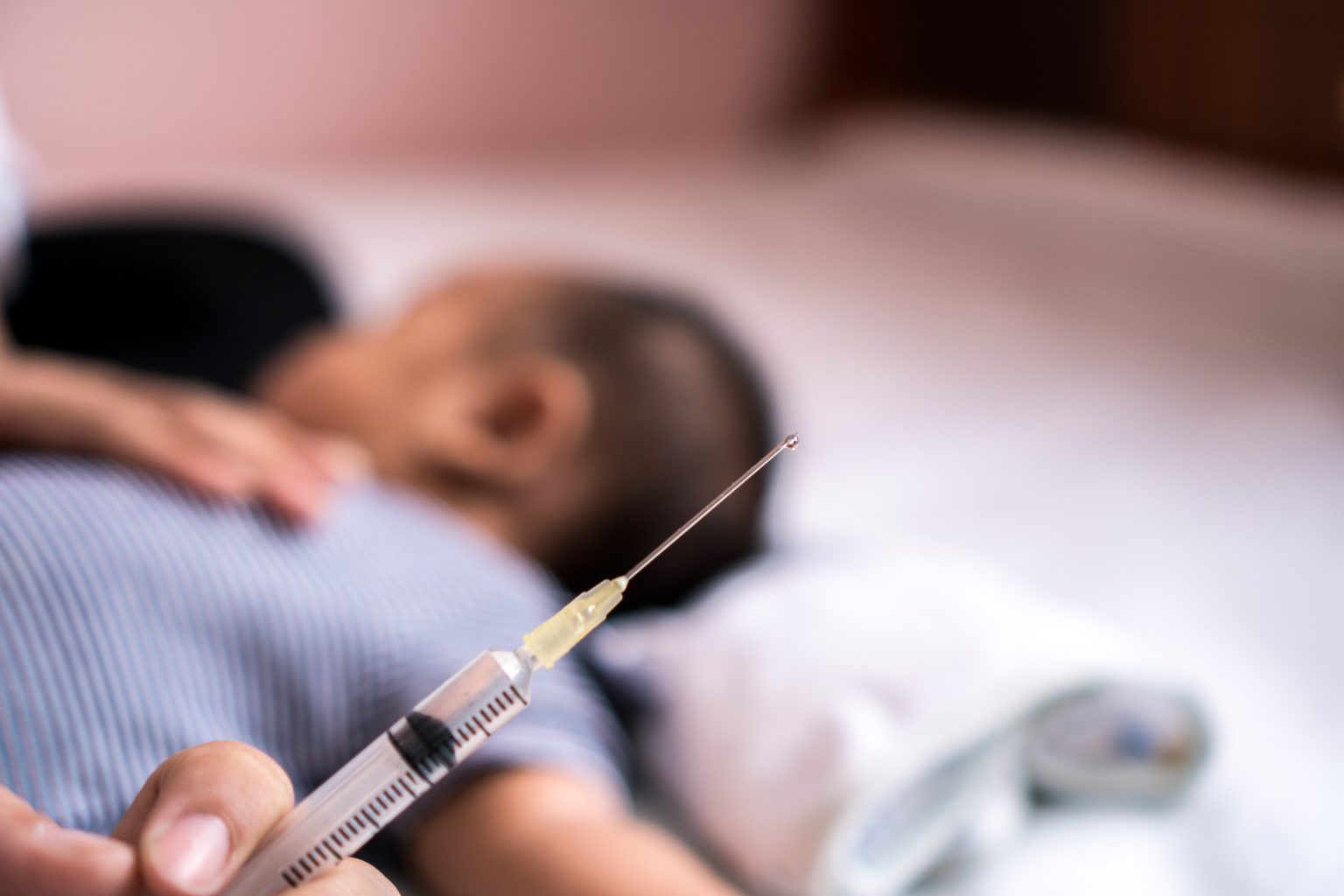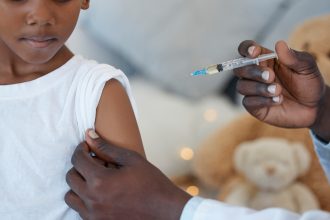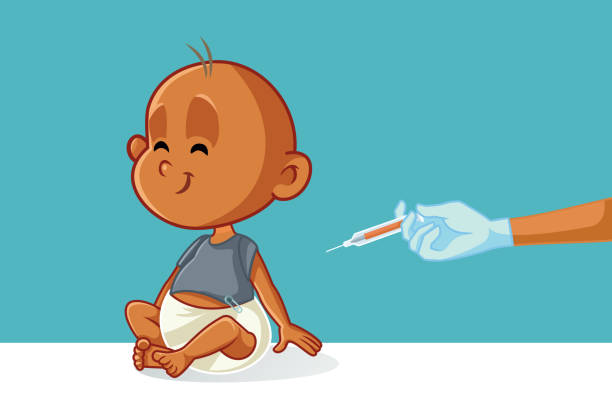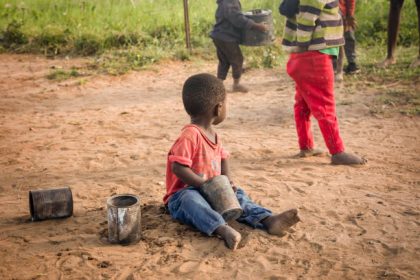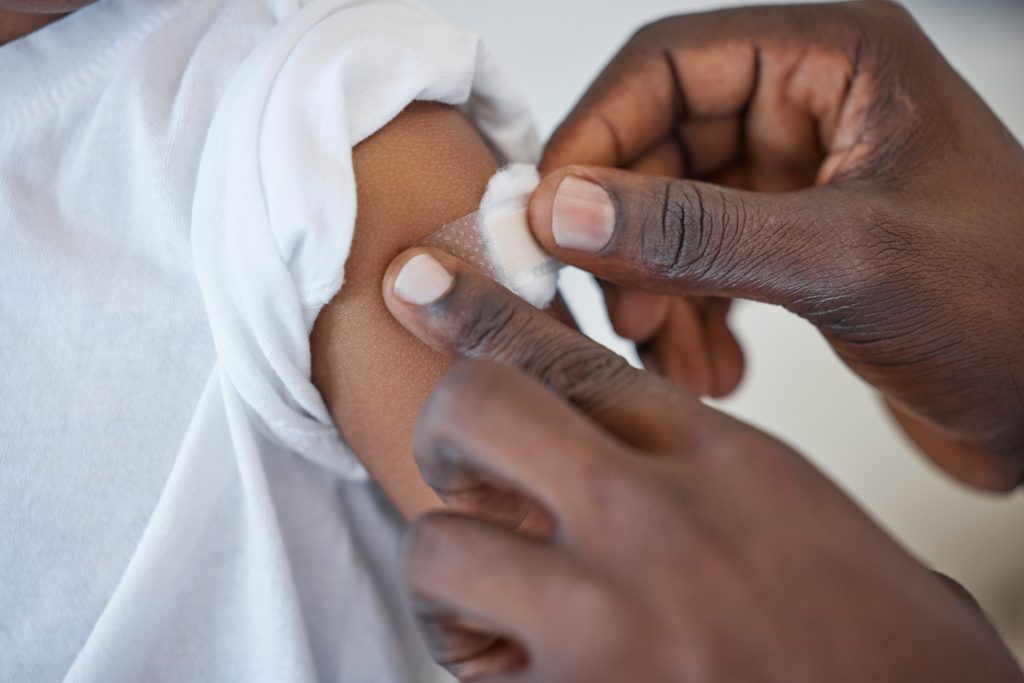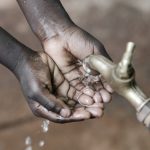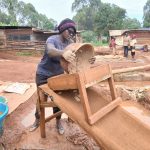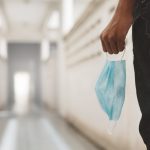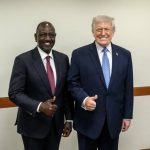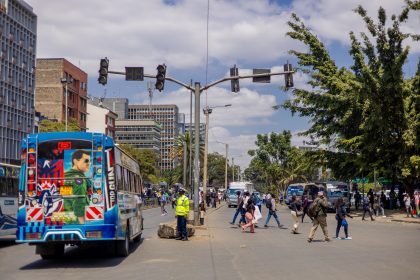Kenya’s under-immunised and missed children are due to stock-outs, healthcare worker shortages, strikes, vaccine hesitancy and poor access.
At a bustling health centre in Kisumu, Achieng, a young mother, cradles her three-month-old son, Brian. Just last month, she’d brought him for his scheduled vaccines, only to be turned away.
The Oral Polio Vaccine (OPV) was out of stock, and the BCG vaccine, which Brian missed at birth, still hadn’t arrived.
The nurse apologised, promising an alert when new stock came in, and urged her not to lose hope.
For countless caregivers like Achieng across Kenya, the past few months have been fraught with anxiety.
Vaccine stock-outs, particularly of BCG and OPV (vital protection against tuberculosis and polio), disrupted routine immunisation schedules in both rural and urban facilities. Health workers did their utmost with limited resources, but the system was undeniably stretched.
Vaccines prevent four to five million deaths each year
Now, there’s good news: BCG and OPV vaccines are back in stock.
Routine childhood immunisation is one of the most cost-effective public health interventions worldwide. The World Health Organization (WHO) estimates that vaccines prevent four to five million deaths each year, safeguarding children from diseases that once claimed thousands of lives.
In Kenya, the Expanded Programme on Immunisation (KEPI) has dramatically reduced the burden of vaccine-preventable diseases (VPDs). Before widespread vaccination, illnesses like measles, tetanus, polio, and whooping cough were common killers of children under five.
Today, they are largely controlled but not eradicated. When vaccinations are delayed or missed, these risks quickly resurface.
Missed vaccines create dangerous immunity gaps, leaving children vulnerable not only to individual disease but also to widespread outbreaks. These outbreaks can strain our healthcare systems and reverse decades of hard-won progress.
If your child missed a vaccine dose, please don’t panic
Alarmingly, global reports from 2023 indicated a troubling trend: over 14.3 million children did not receive a single dose of routine vaccines, earning them the classification of “zero-dose” children. While Kenya isn’t at the top of this list, we certainly have our share of under-immunised and missed children.
This is often due to systemic challenges like stock-outs, healthcare worker shortages, industrial actions, vaccine hesitancy, and inadequate outreach services.
If your child has missed a vaccine dose, please don’t panic. Both scientific evidence and national policy are firmly on your side, thanks to catch-up vaccination guidelines.
Catch-up vaccination means providing vaccines to children who have missed scheduled doses, ensuring they still receive full protection. Whether a child missed BCG at birth or OPV at six weeks, Kenya’s Ministry of Health guidelines and WHO recommendations offer clear pathways to get them back on track.
Vaccine stock-outs aren’t just logistical glitches; they are profound trust disruptors
Crucially, there’s no need to restart an entire vaccine series if it was interrupted. Health workers can simply pick up where the schedule left off, using age-appropriate catch-up schedules to complete the series.
This approach efficiently and safely builds immunity.
For example:
- A baby who missed the BCG vaccine at birth can still receive it later, ideally before their first birthday.
- A child who missed OPV or Penta (which protects against diphtheria, pertussis, tetanus, hepatitis B, and Haemophilus influenzae) can receive the remaining doses without restarting the series.
The message is resounding: No child is too late to be protected.
For catch-up vaccination efforts to succeed, restoring caregiver confidence and community momentum is paramount.
Vaccine stock-outs aren’t just logistical glitches; they are profound trust disruptors. A mother who walks long distances to a clinic only to be turned away might be discouraged from returning. A father who takes precious time off work to bring his child for vaccines might not prioritise it again after a fruitless trip.
Use SMS alerts, radio stations, churches, market broadcasts
This is where robust community engagement becomes vital.
Community health promoters, religious leaders, educators, and local influencers must be mobilised to share one clear, unified message: “Vaccines are back. Protection is possible. It’s time to catch up.”
Health facilities should proactively reach out to caregivers through SMS alerts, local radio stations, church announcements, and market broadcasts. Schools and early childhood centres should also be integrated into this crucial effort.
While Kenya has made significant strides in immunisation, stock-outs are symptoms of deeper systemic challenges. The following areas require urgent strengthening to prevent future disruptions:
- Reliable Supply Chains: Forecasting, procurement, and last-mile delivery must be digitised, adequately funded, and better coordinated. Consistent maintenance of cold chain infrastructure is also non-negotiable.
- Domestic Resource Mobilization: As Kenya moves towards greater economic self-reliance, vaccine financing must be a prioritized line item in national and county budgets, rather than solely relying on donor funding.
- Health Worker Capacity: Nurses and Community Health Promoters (CHPs) need regular updates on catch-up schedules, proper vaccine handling, and effective communication techniques to address caregiver concerns.
- Outreach to Hard-to-Reach Areas: Nomadic communities, informal settlements, and underserved rural areas require tailored outreach strategies, especially for identifying and reaching zero-dose children.
- Data for Action: Disaggregated, real-time immunisation data is essential for microplanning and accurately targeting communities with low vaccine coverage rates.
Let us embrace mobile health, AI supply forecasting tools, e-health records
Policymakers and donors share a profound responsibility to ensure that Kenya’s immunisation system is resilient, equitable, and uninterrupted.
Crises, while disruptive, often present moments of significant opportunity. Kenya now has a unique chance to not only recover lost ground but to expand coverage beyond pre-stock-out levels.
This requires urgent and seamless coordination among the Ministry of Health, county governments, faith-based organisations, community networks, civil society, and the private sector. Let us also embrace the power of innovation: mobile health platforms, AI-driven supply forecasting tools, and digital health records can significantly enhance both demand generation and supply reliability.
What Can Caregivers Do?
If you are a parent, guardian, or caregiver:
- Visit your nearest health facility to check your child’s immunisation status.
- Bring your child’s mother and Child Health Booklet, it helps health workers track missed doses.
- Ask about catch-up schedules; nurses are specifically trained to guide you.
- Encourage other caregivers in your community to bring their children in too.
Remember: even if your child appears healthy today, vaccines are the shield that ensures they stay healthy tomorrow.
We cannot afford to let temporary vaccine shortages escalate into permanent health risks. With BCG and OPV vaccines now restocked nationwide, we stand at a critical juncture. Catch-up is not just possible; it is essential.
Every missed vaccine is a missed opportunity. But every caught-up dose is a profound victory for that child, that family, and for the nation’s public health goals.
Let this be a rallying moment for Kenya: not just to catch up, but to surge forward in protecting our children.
Dr Cornelia Ochola is a Pediatrician and Maternal Newborn and Child Health (MNCH) Consultant.



